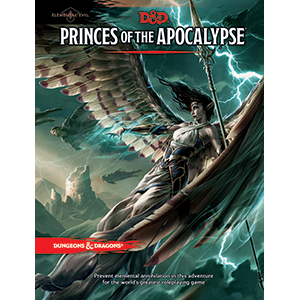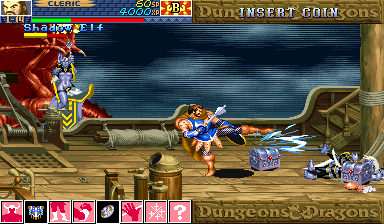
Dungeon and dragon — Honor safeguards and hit focus points
Honour (HON): A discretionary score remembered for sourcebooks like the principal release Oriental Adventures and the fifth Edition DMG. Honour decides how well the person sticks to the separate society’s code, how well they comprehend its principles, and it might likewise mirror others’ view of the person’s fairness. Precisely, it is utilized in friendly cooperation in circumstances in which it could be more applicable than an individual’s money or in a saving toss. In contrast to other people, this capacity score can not be raised by the player after character creation. All things considered, the dungeon expert can increment or lessen its worth toward the finish of an experience as per the player character’s activities, all through tabaxi name generator . The fifth Edition DMG recommends utilizing honour in crusades with “societies where an unbending code of honour is important for day to day existence”; the DMG likewise proposes utilizing this score in settings “roused by Asian societies, like Kara-Tur”. Aaron Trammel, in the scholastic diary Analog Game Studies, composed that “in contrast to respect for a paladin in a conventional Dungeons and Dragons crusade, Honor in this setting has been isolates from the moral network of arrangement.
Safeguards
In the fourth release, three protections work comparable to the defensive layer class. Backbone depends on strength or constitution; it addresses a person’s perseverance to torment. Reflex depends on finesse or insight and can be altered by a safeguard; it addresses a person’s capacity to avoid. Will depends on insight or appeal; it addresses a person’s solidarity of brain and protection from mental assault. These guards are regularly lower than AC, so an assault against grit is typically better compared to an assault against AC.
Hit focuses
Hitpoints (HP) are a measure of a person’s impressiveness or wellbeing; they are based on the individual’s class or race, and Constitution score. Hit focuses are diminished at whatever point a person takes damage.

In the first D&D game, a person kicked the bucket when his/her hit point complete arrived at 0. The first release AD&D presented a discretionary standard wherein a person kicked the bucket when his/her hit focuses came to — 10, with creatures falling oblivious at 0 HP, and animals decreased to contrary HPs keep on losing HPs because of death, and so on except if they are settled by help or mending (regular or mystical). In the third release, this standard turned out to be essential for the center principles.
In the fourth Edition, passing happens when a person’s hit point esteem is decreased to a large portion of their complete communication as a pessimistic number. For instance, if a person has hit points of 52, the person is oblivious and biting the dust at 0 hit focuses and demise happens when the person’s hit focuses reach -26.
In the fifth Edition, a person is killed consequently if the harm is more noteworthy than the adverse worth of their greatest hit focuses. Something else, a player at 0 hit focuses should start making “passing saving tosses”, where an unmodified d20 roll bringing about 10 or above is a triumph, under 10 a disappointment. On the off chance that the player gets three disappointments before three triumphs, the person is dead. On the off chance that three triumphs are recorded, the person is steady yet oblivious. A consequence of 1 considers two disappointments, while an aftereffect of 20 is programmed achievement and the person recaptures 1 hit point.
